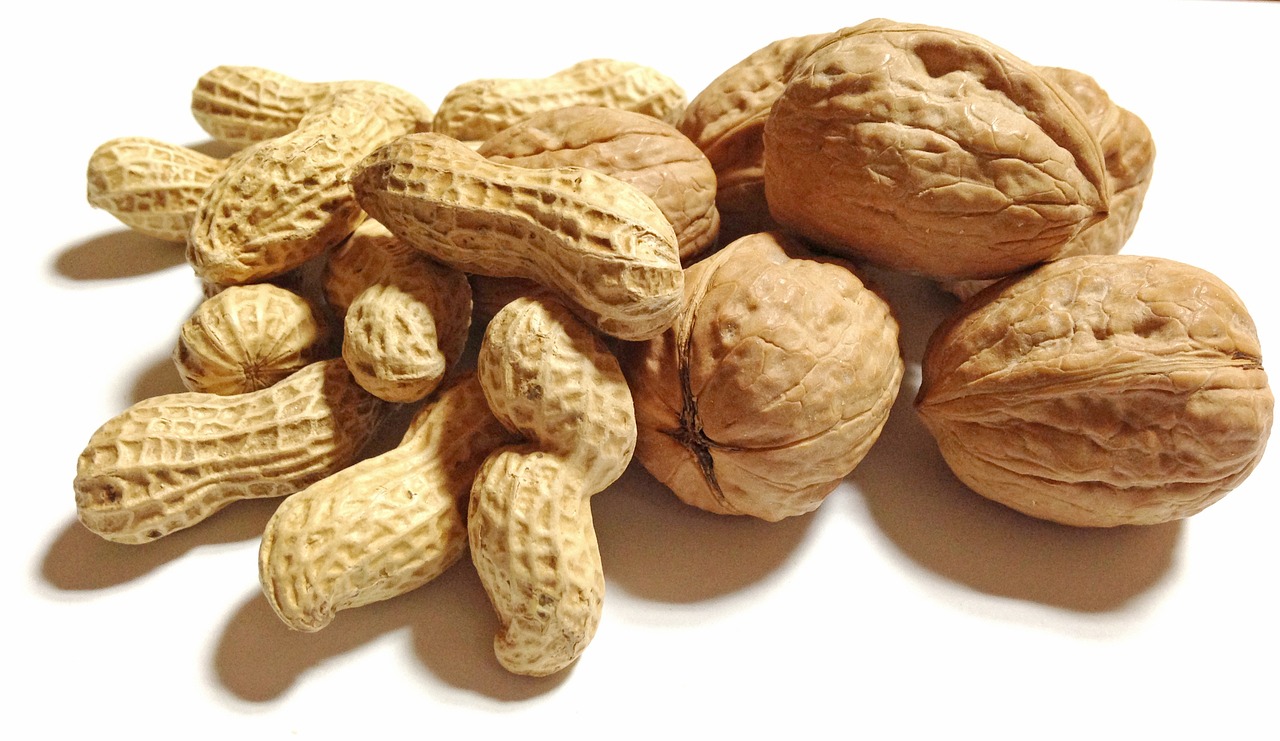The Influence of Food Writing on Culinary Culture
Food writing has played a significant role in shaping culinary trends over the years. From detailed recipe books to captivating restaurant reviews, the written word has provided a platform for sharing culinary experiences and innovations. As food writers explore different cuisines and cooking techniques, they bring to light new flavors and ingredients that inspire chefs and home cooks alike to experiment and push boundaries.
Moreover, the rise of food blogs and social media has revolutionized how culinary trends are spread and adopted. Through engaging storytelling and mouth-watering photos, food writers can quickly capture the attention of a wide audience and influence their food choices. This instant and widespread dissemination of food content has accelerated the evolution of culinary trends, leading to a more dynamic and diverse food landscape around the world.
The Impact of Descriptive Language on Food Perception
Descriptive language plays a significant role in shaping how we perceive food. When a dish is described with rich and vivid words such as “succulent,” “crispy,” or “velvety,” it triggers sensory responses in the reader’s mind, evoking images, smells, and tastes that may influence their perception even before they take a bite. The use of descriptive language not only enhances the dining experience but also sets expectations and builds anticipation, making the consumption of food a multisensory journey.
Furthermore, descriptive language can convey cultural nuances and traditions associated with a particular cuisine. Through the use of specific adjectives and phrases, food writers can transport readers to different parts of the world, immersing them in the history, geography, and customs that have shaped the culinary landscape. This sensory and cultural richness adds depth to the dining experience, encouraging culinary exploration and fostering an appreciation for diverse flavors and culinary traditions.
Exploring the Role of Food Critics in Shaping Culinary Culture
Food critics play a significant role in shaping culinary culture by providing insights, critiques, and recommendations on various dining experiences. Their reviews and evaluations can influence consumer preferences and decisions, as they often serve as a trusted source of information for food enthusiasts and casual diners alike. Additionally, food critics can help highlight emerging food trends, celebrate local cuisines, and elevate the overall quality of dining establishments through constructive feedback.
By offering detailed descriptions of flavors, textures, and presentation, food critics can enhance the sensory experience of readers and inspire curiosity about different ingredients and cooking techniques. Their ability to convey the essence of a dish through vivid language can evoke emotions and memories, creating a deeper connection between the audience and the culinary world. Moreover, food critics have the power to shape narratives around food culture, foster dialogue between chefs and patrons, and contribute to the preservation of traditional recipes and culinary heritage.





